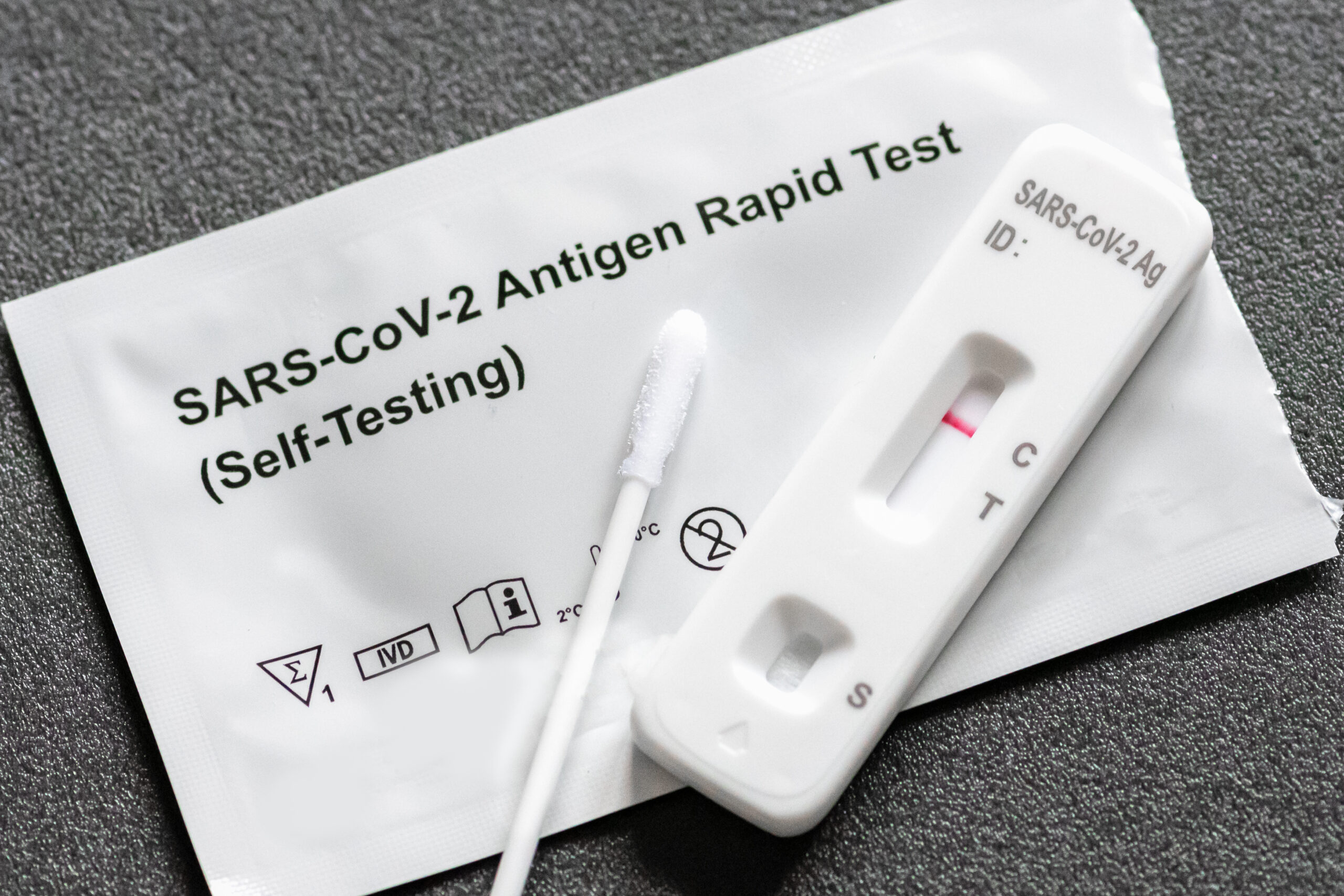Can Current Covid Rapid Tests Detect New and Future Variants?
As the COVID-19 pandemic continues to evolve, so does the virus itself, leading to the emergence of new variants that sometimes complicate efforts to control the spread of the disease. This dynamic situation raises important questions about the efficacy of existing diagnostic tools, particularly rapid antigen tests, in detecting these variants. Understanding whether current COVID-19 rapid tests can effectively identify new and future variants is crucial for ongoing public health efforts and individual decision-making.
The Nature of COVID-19 Variants
Variants of the SARS-CoV-2 virus emerge due to mutations in the virus’s genetic material. Some mutations may affect the virus’s spike protein, the target of most vaccines and diagnostic tests, including rapid tests. These changes can potentially alter the protein in a way that impacts the test’s ability to detect the virus, thus affecting the sensitivity and overall effectiveness of these diagnostic tools.
How COVID-19 Rapid Tests Work
COVID-19 rapid antigen tests are designed to detect the presence of specific proteins from the virus, typically the spike or nucleocapsid proteins, in respiratory samples. These tests are popular due to their convenience and speed, delivering results in as little as 15 to 30 minutes. Rapid tests are particularly valuable in settings that require immediate decisions about patient care, as well as in large-scale testing environments, like schools and workplaces.
Challenges Posed by New Variants
The main concern with new variants and rapid tests is whether mutations in the virus affect the antigenic regions that the tests are designed to recognize. If a mutation alters the structure of the targeted protein sufficiently, it might reduce the binding affinity of the antibodies used in the test, potentially leading to false-negative results. This situation could undermine efforts to track and contain the spread of the virus effectively.
Research and Real-World Data
Studies have shown varying results regarding the impact of mutations on the performance of rapid tests. Research indicates that while some variants with mutations away from the targeted regions of the spike or nucleocapsid proteins may not significantly affect test sensitivity, others with direct changes in these proteins could pose detection challenges.
Monitoring and analysis by health organizations, such as the CDC and WHO, along with continuous validation studies by test manufacturers, are crucial. These entities regularly assess the performance of available rapid tests against emerging variants. Most manufacturers assert that their tests remain effective against known variants, primarily because these tests target regions of the virus that are less likely to mutate. However, the situation is fluid, and ongoing surveillance and study are necessary.
Adapting Testing Strategies for Future Variants
Given the potential for variants to affect test sensitivity, health authorities and manufacturers are preparing for future challenges in several ways:
- Developing Multi-Target Tests: Some newer rapid tests are designed to detect multiple viral proteins. This strategy can potentially reduce the risk of missing infections, especially if a mutation affects one of the target proteins.
- Regular Updates and Recalibrations: Test manufacturers may need to update their products to ensure they remain effective as new variants emerge. This approach is similar to how flu vaccines are updated each year in response to circulating strains.
- Comprehensive Testing Approaches: Combining rapid tests with other testing methods, such as PCR tests, can help mitigate the weaknesses of any single testing approach. Such strategies allow for more robust surveillance and more accurate detection of infections, regardless of variants.
Conclusion
While current COVID-19 rapid tests generally remain effective against the major variants now in circulation, vigilance is key. The ability of these tests to detect new or future variants depends significantly on the nature of the mutations that arise. Ongoing research, adaptation of testing technologies, and a multi-faceted testing strategy are essential to stay ahead of the virus and ensure that rapid tests continue to serve as valuable tools in managing the pandemic. As the situation with COVID-19 continues to evolve, so too will the strategies needed to combat it effectively.
